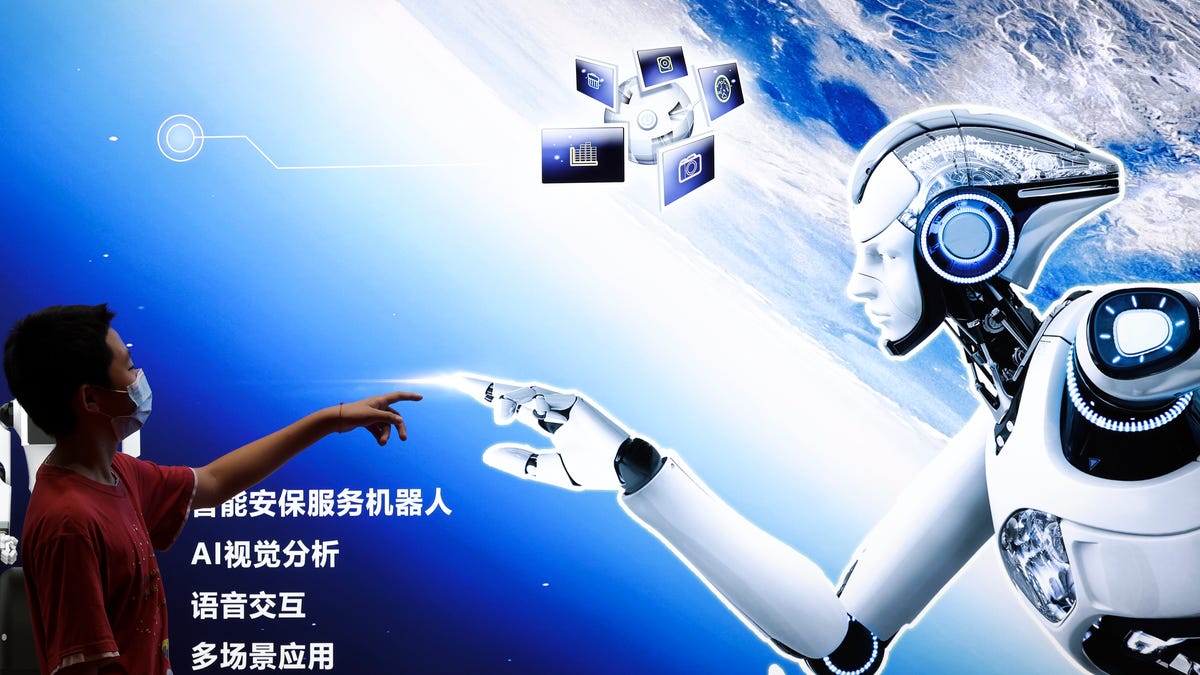
7 AI breakthroughs predicted to reshape everyday life

Artificial intelligence is scaling at an unprecedented speed.
As major tech companies roll out AI-integrated products at an ever-accelerating speed, the technology is seeping deeper into every day life. And as the tech world makes strides in generative and agentic AI and more, we are getting closer and closer to the AI-powered technologies of the future.
Here are seven of these technologies that are in the process of being developed today, and how they might completely revolutionize our day-to-day life.

The AI assistants of today, like Alexa and Siri, can do only a small part of what smart assistants of the future could possibly do.
Tech companies are putting in the work to develop AI assistants that understand text, speech, images and video input seamlessly, and produce human-like responses.
While unveiling its latest version of ChatGPT, OpenAI said that future models will focus more on reasoning capabilities — that is, trying to make their chatbots “think” before producing a response.
Companies like Microsoft (MSFT), Google and Oracle (ORCL) are also investing in agentic AI to make fully autonomous, hyper-specialized AI assistants. These AI agents are increasingly being introduced to the workplace, automating office tasks like generating meeting summaries or scheduling shifts. The technology is still a little ways down the road, but when fully scaled, these assistants will be able to engage with more complex requests and schedule meetings, shop online or manage your finances.
They will also be self-improving and learn from experience, which will make each smart assistant deeply personalized to the user, building a kind of digital twin of you to handle your tasks.
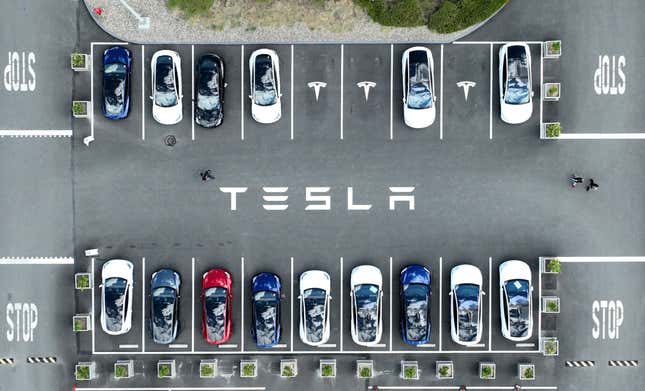
As AI systems become better at learning from experiences without human intervention, they will become more autonomous.
While AI-powered self-driving vehicles do exist right now, they are mired with safety concerns and are yet to reach full legality.
Companies like tech giant Tesla (TSLA), automaker Ford (F) and robotaxi service Waymo (GOOGL) are investing in addressing the technology’s issues and developing it further to be able to deploy autonomous cars en masse.
GM (GM) and Nvidia (NVDA) last month announced a partnership to build the automaker’s future self-driving car fleet.
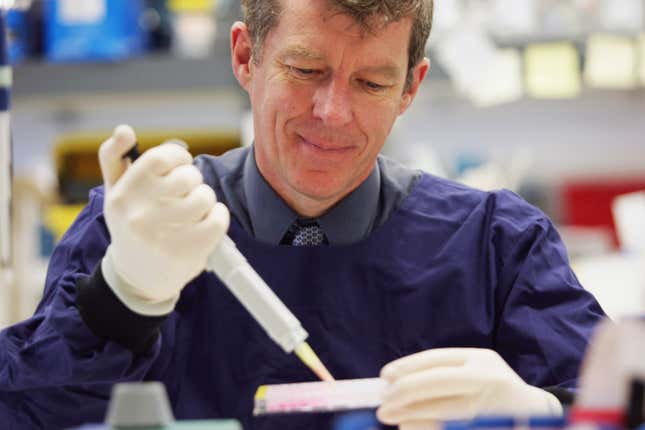
Healthcare is positioned to be completely revolutionized by artificial intelligence. Precision medicine goes beyond the traditional one-size-fits-all approach to tailor treatment to specific patient’s needs based on things like their genetic makeup, lifestyle, or personal medical history.
Precision medicine is tough to scale with existing technology, but AI-powered tools can help speed up these processes, analyzing vast amounts of data to help doctors in creating custom treatment plans, and even analyzing records and scans to detect potential diseases before symptoms appear.
The technology is being utilized already to limited extent by the likes of Google, whose AI models are being used to detect symptoms of breast cancer in mammograms.
AI’s ability to scan through troves of data is also being used to speed up drug research. For example, Google’s DeepMind introduced AlphaFold 3 last year, a new AI model that aims to predict structure and interactions of proteins, DNA, RNA and more to facilitate drug discovery.
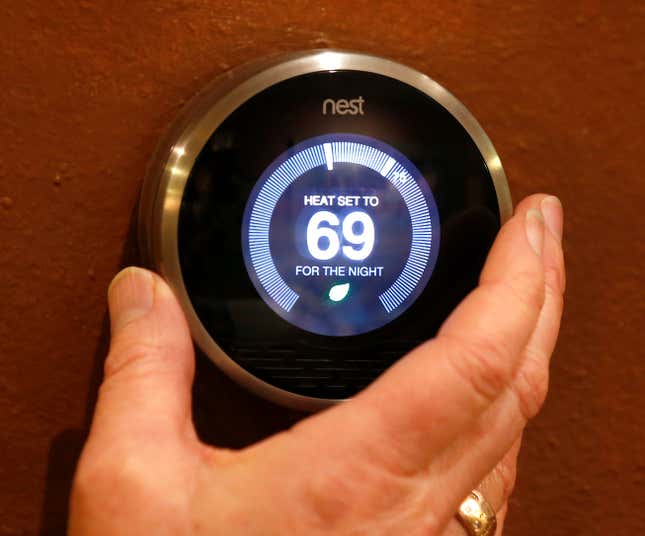
With the technological advances in AI-powered robotics come the dawn of smart homes equipped with AI-integrated household items. This AI will be autonomous and personalized, and thus able to anticipate to your wants and needs. It will do things like adjusting your home lights and thermostat to optimize energy use, and securing your home against intruders.
AI is finding its way to our homes already, with the likes of Amazon’s Alexa, which is just got its much anticipated AI upgrade last month. The newly improved Alexa Plus will memorize details about users to better assists users with tasks, although it turns out some of the features previously touted, like the ability to order groceries, won’t be available for another few months.
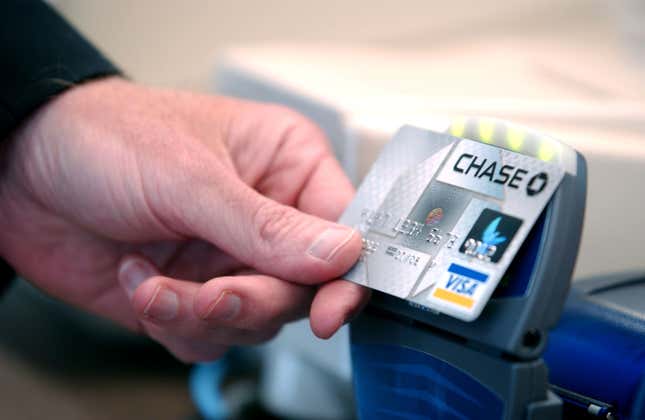
AI is great at parsing through endless piles of data, fast. As AI models get more advanced, they will become more accurate, generating fewer false positives and hallucinations. This holds great potential for completely revolutionizing financial fraud detection and prevention.
Banks like HSBC (HSBC) and credit card providers like Mastercard (MA) already utilize AI tools to flag unusual spending patterns and detect financial crimes.
But the bad news is that as our tools to detect and fight financial crimes develop, so do the tools that bad actors can use to attack financial institutions or lure individuals into financial fraud schemes.
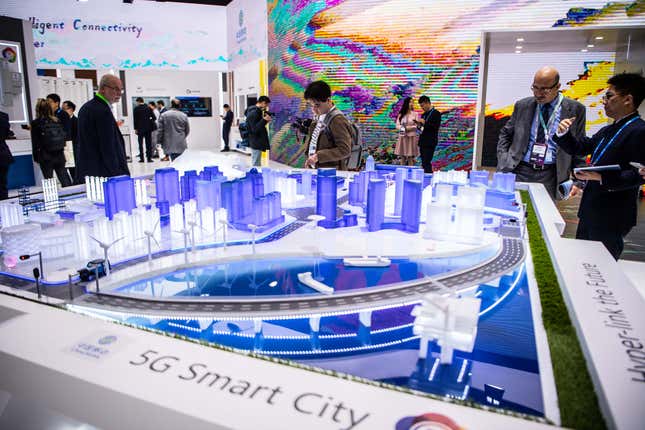
AI-powered IoT (internet of things) won’t just make our homes smart, but can also make our cities smart. With automation, real-time monitoring and AI-powered decision making, cities around the world can manage energy, safety and transportation needs more efficiently and sustainably.
AI-powered smart cities can use digital twins to run natural catastrophe models and map out vulnerable areas, like Portugal’s capital city Lisbon does already for urban flooding. AI-powered traffic lights can monitor changing congestion data to optimize traffic flow and prevent jams, and smart grids can analyze and predict energy demand and adjust generation, transmission and distribution of electricity. AI-powered buildings can reduce waste by optimizing things like electricity, heating and cooling based on occupancy.
There are still very real risks to this technology being integrated to entire city grids though, mainly regarding data privacy concerns for city dwellers, including the technology’s potential for mass surveillance, and the city’s resiliency to cyber attacks.

AI-powered brain computer interfaces can help translate brain activity into commands for devices, helping individuals with disabilities to achieve everyday activities. Paralyzed people could be able to move prosthetic limbs and people with conditions that deteriorate speech like ALS would instead communicate through machinery that can allow them to talk or type their thoughts.
The technology to achieve this is still at its infancy and is yet to be fully developed. Only three people so far have been implanted with the brain chips produced by Elon Musk’s Neuralink, which leads the industry for now.
When fully scaled, the technology can go beyond just helping people with impairments. Enthusiasts of the technology say it can be integrated into everyday life to automate even more tasks or enhance gaming experiences, while critics point to the very real ethical and security concerns of merging human brains with computers.
